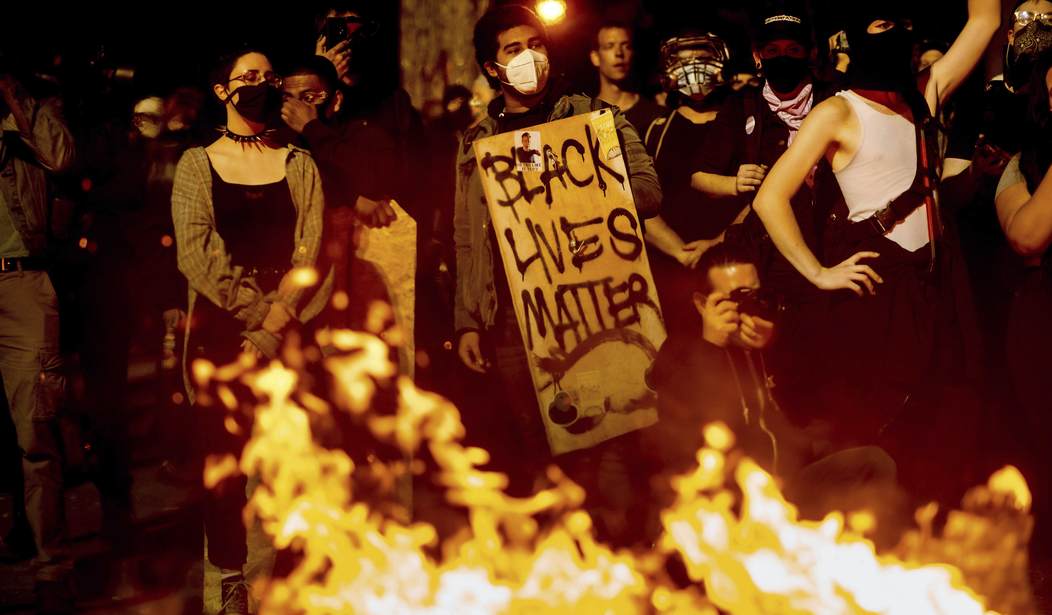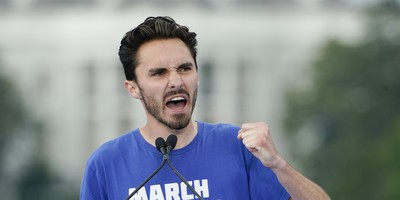The Black Lives Matter (BLM) movement, initially known for its efforts in advocating for the rights of black individuals and rallying against police brutality, has recently found itself in the midst of a contentious debate. The group's support for Hamas, a Foreign Terrorist Organization accused of carrying out a brutal terrorist attack on October 7, 2023, has raised eyebrows and sparked an intense discourse. This critical issue is not only shaping the way the group is perceived in America but also casting a shadow over the ongoing Israeli-Palestinian conflict, one of the most enduring and complex disputes in the modern world.
The relevance of this topic today cannot be overstated. As we grapple with the complexities of social justice, international relations, and the fight against terrorism, understanding the implications of these affiliations becomes increasingly important. Furthermore, the impact of BLM's controversial stance on the Israeli-Palestinian conflict cannot be ignored.
The BLM movement emerged, in part, amidst a growing demand for justice and equality sparked by the ubiquitous and later determined unfounded chant, “Hands Up, Don’t Shoot,” which emerged after Michael Brown’s fatal interaction in Ferguson, Missouri with officer Darren Wilson. However, their support for Hamas paints a conflicting picture. While BLM has been vocal in its anti-police activism, it has also failed to oppose the genocide of the black unborn children which only makes sense if we conclude BLM never intended to champion black life. Now, the group seems to endorse the massacre of innocent Israeli families, further raising questions about the true nature of their cause that so many, including corporate America, bought into.
This disturbing pattern of activist groups supporting unconscionable, even murderous behavior, is also evident in other fringe-left groups. Notably, Democratic Socialists of America (DSA) chapters and independent BLM chapters have openly expressed solidarity with Palestine and support for the attack on Israeli civilians. Other organizations, like the Center for Constitutional Rights, the Black Alliance for Peace, and The Red Nation, have followed suit, expressing similar support for Hamas and condemnation of Israel. These groups have been linked to anti-Semitic rhetoric and events promoting terrorism and violence, further fueling the controversy surrounding their stance.
Recommended
The controversy surrounding BLM's support for Hamas has led to an alarming rise in anti-Semitic propaganda on social media. The renaming of a plaza in front of the White House to "Black Lives Matter Plaza" in 2020 further amplified the controversy, leading many to question the appropriateness of such a gesture in light of BLM's pro-Hamas rhetoric.
To address this issue, Senator Marco Rubio and Representative Jim Banks led an initiative to present a letter arguing that BLM's celebration of anti-Semitic terrorism contradicts American values. The letter, which was supported by a number of senators and representatives, called for the immediate renaming of the plaza and the removal of associated street paintings, highlighting the deep-seated concerns regarding BLM's affiliations.
The public response to the activist Left's support for Hamas has been varied. Some advocates for Palestinian rights were taken aback by the fervent endorsement of the Hamas massacre by these groups. This situation has brought to light a significant ideological shift among younger generations. Influenced by movements like BLM and the narratives propagated on social media, many young people are increasingly siding with Palestinians over Israelis.
The shift towards pro-Palestinian sentiment among young left-wing activists is also a reflection of the changing political landscape. American resilience to support the small and only Democracy in the Middle East has driven young Leftists further towards Palestinian solidarity.
The implications of BLM's support for Hamas extend beyond the scope of political discourse. It is a significant concern in the fight against anti-semitism and terrorism. In a world where peace and justice are paramount against a backdrop of unspeakable evils against humanity, recognizing and rejecting all forms of terrorism becomes a moral imperative.
The significance of this issue is further underscored when considering the global implications. The endorsement of a terrorist organization by a movement like BLM can have far-reaching effects, possibly fueling escalating tensions and contributing to the normalization of anti-Semitic sentiments. It's crucial for us, as a society, to understand these implications and take a stance against any form of terrorism and anti-Semitism as the House did against Rep. Rashida Tlaib this week. Silence is not an acceptable practice for any of us, especially in times like these.
The controversy surrounding the support of Hamas by BLM and other fringe-left groups highlights the complex intersection of social justice, politics, and international relations. It raises serious concerns about their stance on anti-Semitism and terrorism, issues that should be unequivocally condemned.
As we navigate these complex issues, it is essential to ensure that our support for civil rights and freedom does not inadvertently become a platform for endorsing violence and hatred. We, as a society, must strive to promote peace, justice, and equality while unequivocally rejecting the endorsement of terrorism and anti-Semitism. It is our responsibility to demand transparency and accountability from movements that wield such significant influence over public opinion.
Marc Little, president of CURE America Action, based in Washington, DC, is an author, pastor, and political commentator.

























Join the conversation as a VIP Member